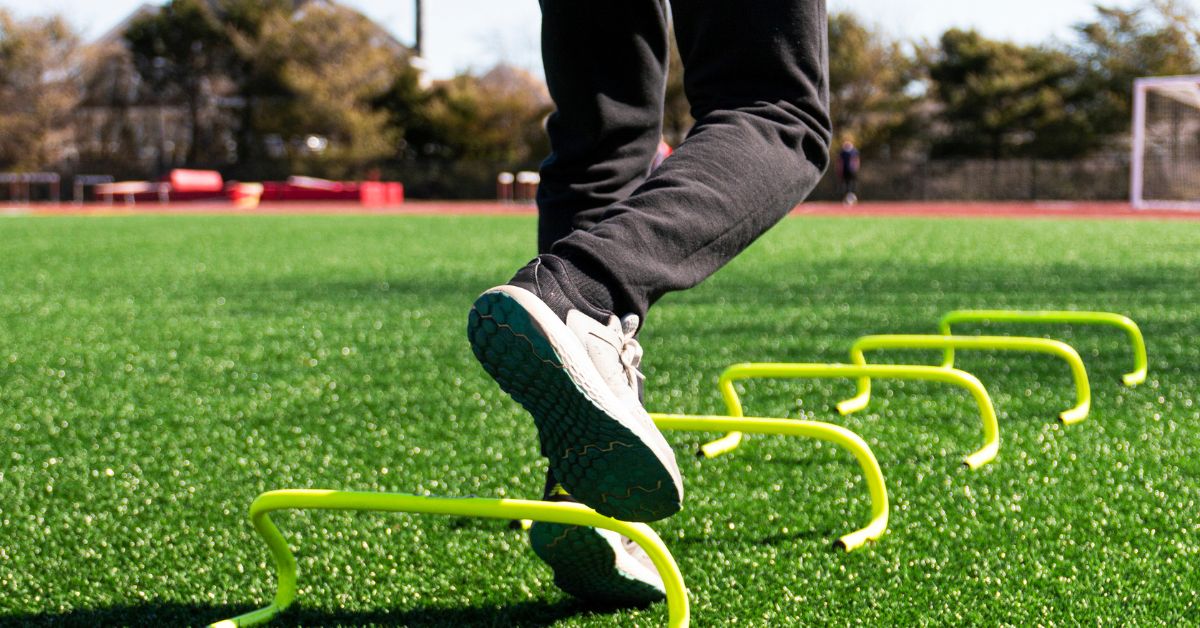As we go through life, our bones act as a sturdy support system, keeping us upright and moving. But as we get older, taking care of our bones becomes more important to avoid issues like osteoporosis and fractures. The good news is, there are simple steps you can take to keep your bones strong and resilient.
Let’s explore 15 easy-to-follow tips to promote bone health:
1. Calcium-Rich Diet
Ensure your diet includes calcium-rich foods like dairy products, leafy greens, tofu, and fortified foods. Aim for the recommended daily intake of calcium to support bone strength.
2. Vitamin D Intake
Vitamin D is essential for calcium absorption. Spend some time outdoors to soak up natural sunlight, or consider taking vitamin D supplements if you have limited sun exposure.
3. Regular Exercise
Engage in weight-bearing exercises such as walking, jogging, dancing, or strength training to stimulate bone growth and improve bone density.

4. Balance and Stability Training
Incorporate balance and stability exercises into your routine to reduce the risk of falls and fractures. Yoga, tai chi, and Pilates are excellent options for enhancing balance and coordination.
5. Quit Smoking
Smoking has been linked to decreased bone density and an increased risk of fractures. Quitting smoking can significantly benefit your bone health and overall well-being.
6. Limit Alcohol Consumption
Excessive alcohol consumption can weaken bones and increase the risk of fractures. Practice moderation and limit alcohol intake to support bone health.
7. Maintain a Healthy Weight
Maintaining a healthy weight helps reduce the strain on your bones and joints. Aim for a balanced diet and regular exercise to achieve and maintain a healthy weight.
8. Stay Hydrated
Drink an adequate amount of water daily to support bone health and overall hydration. Limit the intake of sugary beverages, which can leach calcium from bones.
9. Get Enough Sleep
Quality sleep is essential for bone regeneration and repair. Aim for 7-8 hours of uninterrupted sleep each night to support optimal bone health.
10. Avoid Excessive Caffeine
High caffeine intake has been associated with decreased calcium absorption and bone density. Limit caffeine consumption and opt for decaffeinated alternatives when possible.

11. Add Magnesium to Your Diet
Magnesium plays a crucial role in bone metabolism and mineralization. Incorporate magnesium-rich foods like nuts, seeds, whole grains, and leafy greens into your diet.
12. Reduce Stress
Chronic stress can negatively impact bone health by increasing cortisol levels, which can lead to bone loss. Practice stress-reduction techniques such as meditation, deep breathing, or engaging in hobbies you enjoy.
13.Fall-proof Your Home
Make your living environment safer by removing tripping hazards, installing grab bars in bathrooms, improving lighting, and using non-slip mats to reduce the risk of falls and fractures.
14. Consider Supplements
If you’re unable to meet your nutritional needs through diet alone, consider taking calcium, vitamin D, or other bone-supporting supplements under the guidance of a healthcare professional.

15. Regular Bone Density Testing
Schedule regular bone density tests, especially if you’re at risk for osteoporosis or fractures. Early detection allows for timely intervention and management of bone health issues.

